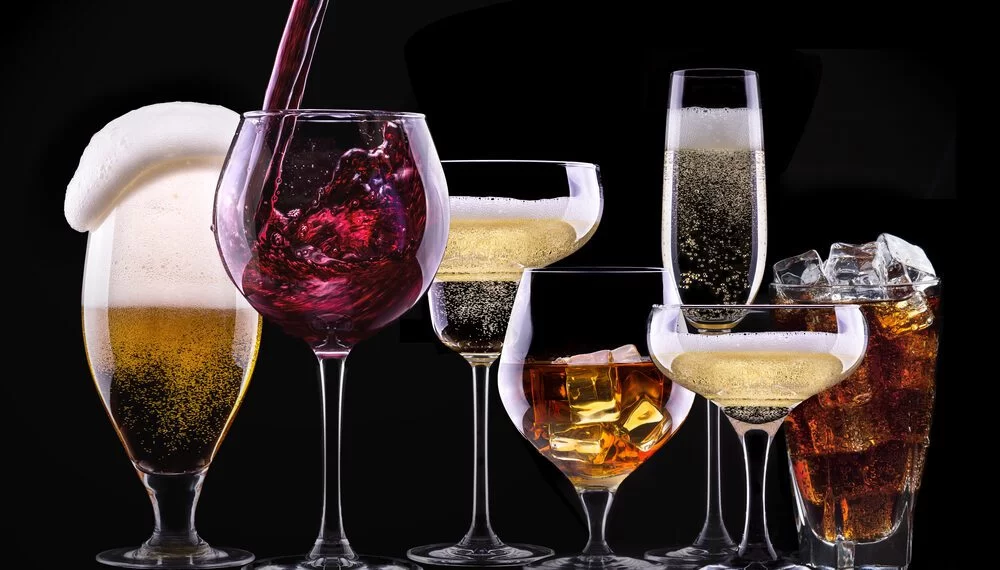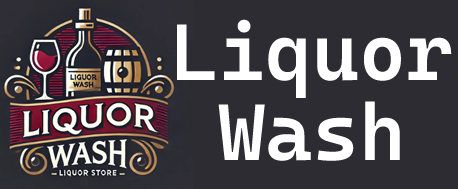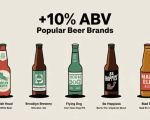
The Rise of Craft Alcohol and Small-Batch Production
In recent years, the alcohol industry in the United States has witnessed a remarkable shift towards craft alcohol and small-batch production. As someone who has closely followed the industry, I can tell you that this shift is more than just a passing trend. It's a profound change in consumer preferences, fueled by a desire for unique, high-quality products that reflect local cultures and personal craftsmanship.
Craft breweries, distilleries, and wineries have become the backbone of this movement, offering a diverse range of products that cater to every taste imaginable. From hop-forward IPAs to smooth, rich bourbons, craft alcohol has allowed consumers to explore a deeper connection with their drinks. This shift is not just about flavor but also about the story behind the bottle. Many drinkers today want to know where their alcohol comes from, how it’s made, and who’s making it. This connection to authenticity is more important than ever before.
The Appeal of Authenticity and Storytelling
One of the most compelling aspects of craft alcohol is the emphasis on storytelling. I’ve noticed that many small producers focus not just on the taste of their products but also on the story behind them. Whether it’s a craft whiskey aged in a specific type of barrel or a brewery that uses locally sourced ingredients, the narrative adds an extra layer of richness to the experience. Consumers are no longer just buying a bottle; they are buying into a story and a lifestyle. The transparency and honesty behind these products have fostered a deeper level of consumer loyalty, something the larger corporate brands often struggle to replicate.
Sustainability and Eco-Friendly Practices in the Alcohol Industry
Another major trend that has emerged in the alcohol industry is the growing emphasis on sustainability. I have seen firsthand how brands are increasingly focused on reducing their environmental footprint. This movement is not just about reducing waste or using renewable energy; it’s about rethinking the entire lifecycle of the product, from production to packaging.
Many alcohol producers are now using organic ingredients, switching to eco-friendly packaging, and implementing water and energy conservation strategies in their production processes. For instance, distilleries are repurposing waste products like spent grains to create animal feed or even to generate energy. Breweries are finding innovative ways to reduce water usage, a critical issue in an industry known for its high consumption of water during production.
The Impact of Eco-Friendly Packaging
One of the most noticeable shifts in the alcohol industry has been the move towards eco-friendly packaging. Glass bottles are being replaced by recyclable aluminum cans, and brands are opting for biodegradable labels. As consumers, we’re becoming more conscious of the environmental impact of our choices, and this is reflected in our purchasing habits. I’ve noticed that many consumers, especially younger ones, are more likely to support brands that prioritize sustainability in their packaging and production processes.
Changing Consumption Habits and Preferences
The alcohol industry in the United States is also undergoing a transformation when it comes to consumption habits. As someone who has closely observed these changes, it’s clear that people are drinking less overall, but they are also drinking more mindfully. There’s been a noticeable shift towards premiumization, where consumers are opting for higher-quality spirits and cocktails, rather than cheap, mass-produced alternatives.
In addition to premiumization, the rise of low-alcohol and non-alcoholic beverages is another key trend. Non-alcoholic beers, wines, and spirits are no longer seen as a novelty but as serious alternatives for those who want to enjoy the social experience of drinking without the effects of alcohol. I’ve seen this shift firsthand as more bars and restaurants offer sophisticated non-alcoholic options that mimic the taste and experience of their alcoholic counterparts.
Health and Wellness Influence on Alcohol Consumption
The health and wellness movement has had a significant influence on the alcohol industry. More people are prioritizing their health, and many are looking for beverages that align with their lifestyle choices. This has led to a surge in demand for organic, gluten-free, and lower-calorie options. Brands are responding by developing products that cater to these needs, including low-sugar cocktails and alcohol-free drinks that don’t compromise on flavor.
Innovation and Technology in the Alcohol Industry
Innovation and technology are playing an increasingly important role in shaping the future of the alcohol industry. One of the most exciting developments I’ve seen is the use of advanced distillation techniques and fermentation methods that result in more complex and flavorful spirits. Distilleries are experimenting with new grains, aging processes, and even artificial intelligence to create products that push the boundaries of taste.
Technology has also streamlined production and distribution processes. With the advent of e-commerce platforms, consumers can now easily order alcohol online and have it delivered straight to their doorsteps. This has opened up new opportunities for small and independent producers to reach a wider audience, breaking down the traditional barriers to entry in the alcohol market.
The Role of Artificial Intelligence in Crafting Spirits
One fascinating application of technology in the alcohol industry is the use of artificial intelligence to craft spirits. AI algorithms are now being used to predict flavor profiles and assist in the blending process. I find it incredibly intriguing how technology can now help distillers craft the perfect whiskey or gin by analyzing data on various factors like distillation time, temperature, and ingredient ratios. This blending of tradition and innovation is creating an entirely new category of alcohol products.
The Future of the Alcohol Industry
The future of the alcohol industry looks incredibly exciting. With all the trends we’ve seen so far—craft alcohol, sustainability, changing consumption habits, and the role of technology—it’s clear that the industry is evolving rapidly. The focus is shifting from mass production to personalization, from cheap to premium, and from waste to sustainability. As someone who is passionate about the industry, I’m excited to see where these trends take us in the next few years.
For those who are interested in staying ahead of the curve, keeping an eye on these trends is essential. Whether you’re a consumer, a producer, or an investor, understanding the shifting dynamics of the alcohol industry will help you make informed decisions and embrace the changes that are reshaping this vibrant sector.
If you're looking for expert advice and recommendations in the alcohol industry, I highly suggest visiting our site at Liquor Wash for the best insights and service offerings tailored to your needs.








